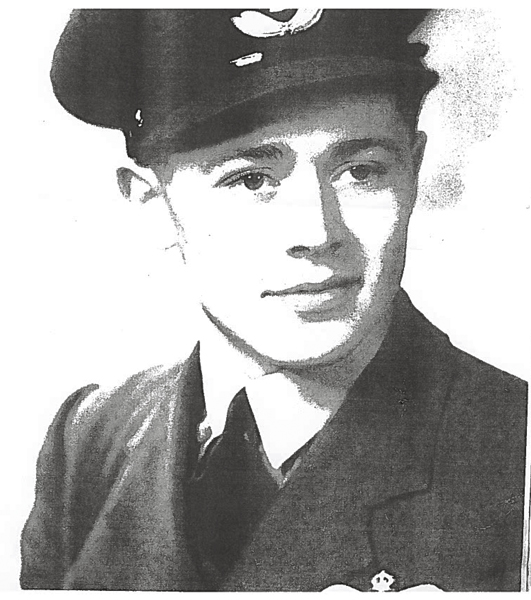A longtime Prince Albert resident whose family has deep roots across central and northern Saskatchewan is sharing the story of her lost cousin for the first time.
Florence Eytcheson, 88, said the time was right to tell the story of Gerald E. MacDonald, who perished somewhere over Norway during the Second World War.
Gerald was one of four kids of Sam MacDonald, a former North Battleford Indian agent later named Chief Golden Eagle upon his retirement at a special ceremony on the Sweet Grass Reserve.
Sam is Eytcheson’s grandfather. Gerald Macdonald was Eytcheson’s uncle — her dad’s brother — from North Battleford. He had obtained his pilot’s license by the time he was 16 and wanted to join the Air Force, but the Canadians said he was too young.
Against the wishes of his parents, Gerald travelled to England and spent two years washing dishes before joining the British Air Force and becoming a pilot. He enrolled when he was just 18, receiving his first commission on May 27, 1939, just one year later.
He died on July 21, 1940.
Sam Macdonald and his wife received the news on their farm outside of Edmonds. By then, they had known for months that Gerald, a pilot officer, had failed to return from a mission “somewhere in Norway.”
They had been hoping that he would turn up eventually in some prison camp. That hope was dashed when they received what a newspaper article from the time describes as a “formal, yet sympathetic” notice from the air ministry in England.
“I am commanded by the Air Council to state that, in view of the lapse of time and the absence of any further news regarding your son … since the date on which he was reported missing, they must regretfully conclude that he has lost his life, and his death will be presumed, for official purposes, to have occurred on the 21st July 1940,” the notice read.
“the council desire me to express again their sincere sympathy with you in your bereavement and in the anxiety which you have suffered.”
“It’s hard to lose your youngest,” Sam said, according to the newspaper clipping. “And he was such a fine pilot too.”
“Yes,” agreed his mother, who is not named in the newspaper clipping. “he was flying one of the big Sunderland flying boars They trained him to use all the different planes — but it was the Sunderlands that they assigned him.”
The Short S.25 Sunderland was a British flying boat patrol bomber. It was responsible for the Royal Australian Air Force’s first unassisted U-Boat kill on July 17, 1940. The Germans nicknamed the plane the Flying porcupine due to its defensive firepower
Sam proudly displayed his son’s first commission.
‘Gerry sent it to me to keep it safe for him,” she said.
“You can see, it’s signed with the king’s own hand.”


